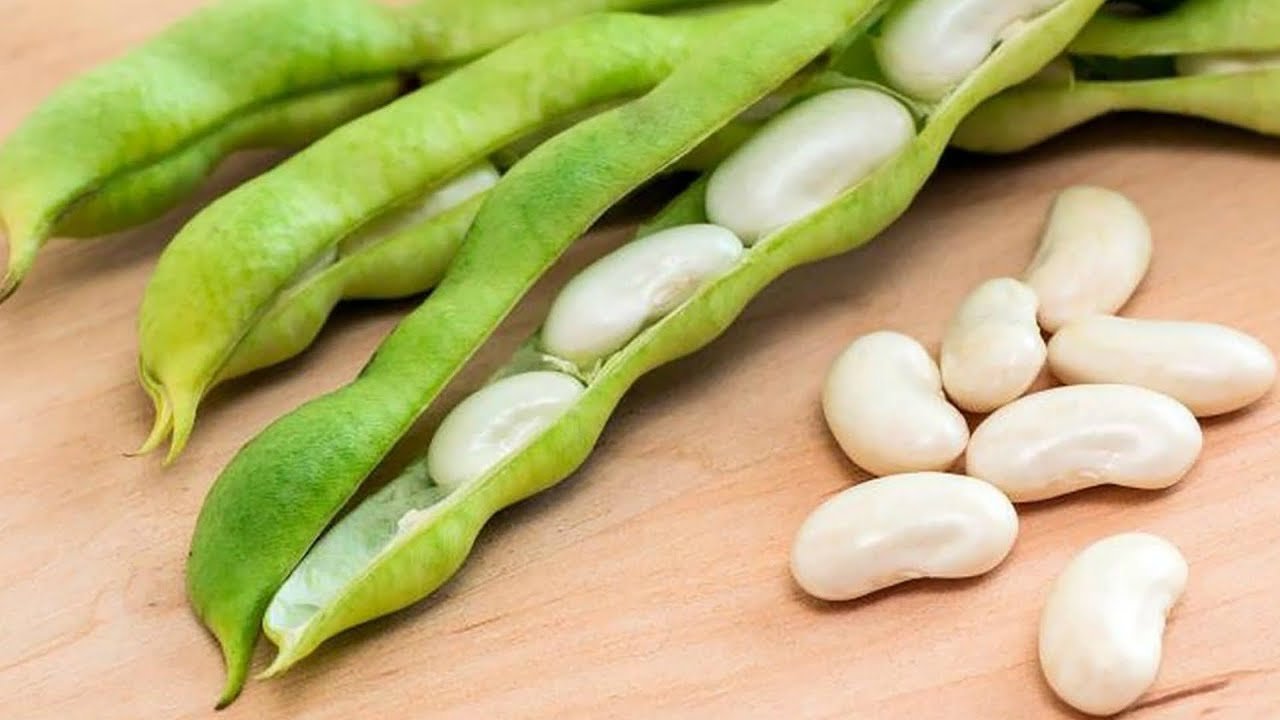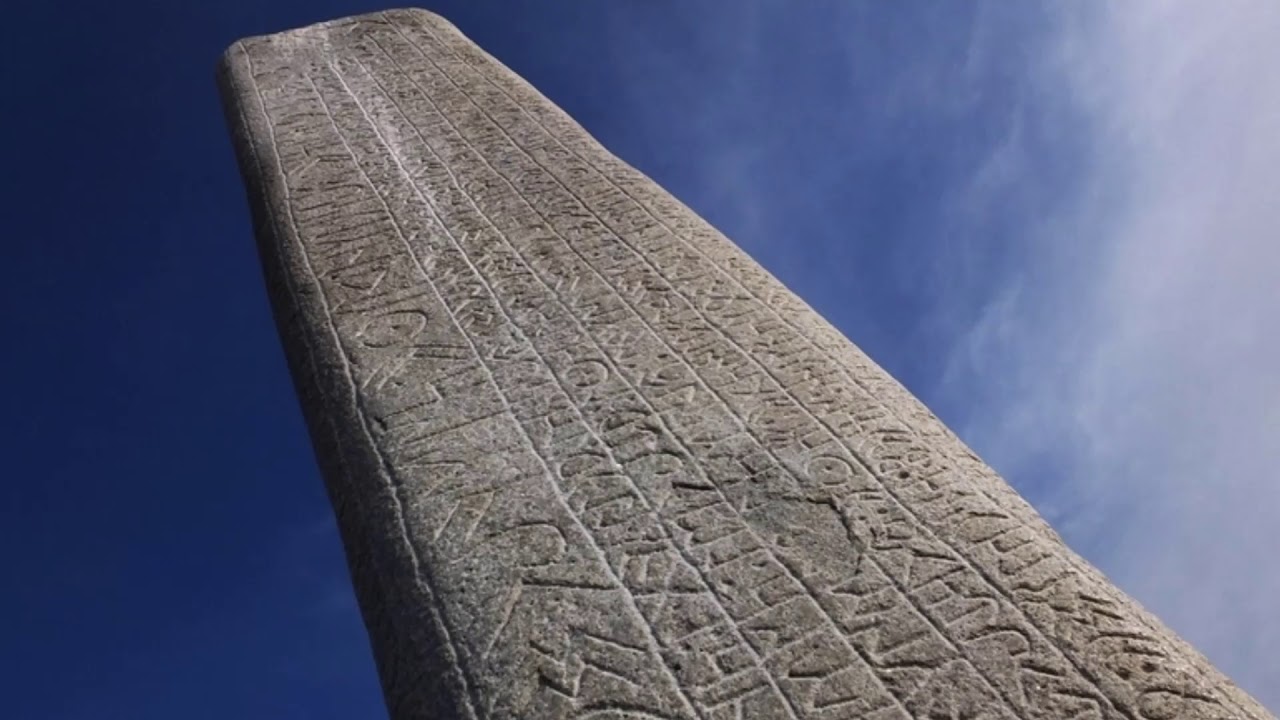Language is a living entity and becomes much richer over time by being influenced by different cultures. Our ancient language, Turkish, which I have been speaking for thousands of years, has also been influenced by many different languages over the years. One of the languages he was influenced by is Greek. Let’s take a closer look at the Greek words that have passed into Turkish and the etymological origins of these words.
Turkish is one of the most ancient languages spoken and written for thousands of years. Thanks to the spread of the Turks all over the world, Turkish has also become one of the richest languages. Our language, which is influenced by many languages such as Arabic, Persian, French, English, Russian, we are sure many people do not know but It was also influenced by Greek. The number of Greek words that have been translated into Turkish from the language of our neighbor Greeks since we came to Anatolia is not small.
Of course, none of these words have directly entered our language. Some have passed into our language through different languages, some by changing their meaning, and some by changing their spelling. So much so that we have been using many of them for a long time, but we do not know where they came from until we examine their etymological origins. Bride Greek words passed into Turkish and let’s take a closer look at the etymological origins of these words.
Greek words in Turkish:
Azalea
Azalea, the name given to plants from the rhododendron genus, Italian meaning flower that grows in sandy soil azalea It has been derived from the word and has passed into our language. The origin of this word is the Greek word meaning thirsty. azaleos is the word.
Miter
Miter, a triangular tool used in engineering and technical drawing, is a Greek word. a tool used to obtain a corner, angle, or right angle gonia Derived from the word has passed into our language.
Octopus
Octopus, which is the general name of eight-armed mollusks living in the sea, comes from Greek. meaning eight feet oχtapodi Derived from the word has passed into our language.
Fertilizer
Manure, the name given to animal excrement and later to minerals necessary for plants in agriculture, comes from Greek means feces kopriá Derived from the word has passed into our language.
Eddy
Whirlwind, which means the rotational movement that occurs as a result of reverse tides in the seas and rivers, in Greek, tide, means counter current anaphori Derived from the word has passed into our language. The root of the word in ancient Greek anaphora is the word.

Port
The port, which is the name given to the areas where sea vehicles park and load and unload, is Greek. meaning shelter limeni or limani Derived from the word has passed into our language. The root of the word in ancient Greek limēn or leimōn is the word.
sprout
The sprout, which is the name given to fresh tree branches, young branches and flower saplings, comes from Greek. meaning foliage phylis Derived from the word has passed into our language. The root of the word in Greek means leaf. phillon is the word.
Rocket
Arugula, the name given to a plant from the cruciferous family and whose leaves can be eaten as a salad, is Greek for meaning a plant that eats leaves rocket Derived from the word has passed into our language. The root of the word in ancient Latin is eruca, meaning caterpillar.
Distaff
Öreke, which means a stick that we often use in our idioms and to which fibrous materials are attached, is a Greek word. meaning an oval board with a forked end used for spinning wool. rocket Derived from the word has passed into our language. The word passed from a Germanic word to Italian as rocca.
Saddle
The saddle, which is the item that is tied to the product while being transported in load animals, is Greek. means belt for pack animals sagmari Derived from the word has passed into our language. The root of the word in ancient Greek milking is the word.

Priest
Greek word for priest, used to describe Christian clergy Father, venerable person, clergyman papas, papad Derived from the word has passed into our language.
Pita
Pide, which is the name given to a bread made from flat dough and a pastry dish made with various ingredients on it, comes from Greek meaning flatbread pita Derived from the word has passed into our language. The root of the word is Syriac meaning piece of bread. petta is the word.
Backgammon
Backgammon, Greek, is a game played on a special board with 2 dice and 30 pieces, 15 of which are black and 15 are white. from the word távli, which means checkerboard derived and passed into our language. The root of the word is tavola in Italian, and its root is the Latin word tabula.
Linden
Linden, the name of a tree from the Hibiscus family, from which tea is made, in Greek meaning a tree whose flowers are used in medicine flamuri Derived from the word has passed into our language. The root of the word is Latin flammula is the word.
Key
Key, a metal tool used to open a lock, in ancient Greek means to open anoic Derived from the word has passed into our language.

Grill
Grid, which is the name given to the tools created by arranging the bars at intervals, comes from Greek. scar Derived from the word has passed into our language. word in ancient Greek root hearth, meaning place where fire is made esχárā is the word.
Drudgery
Corvée, meaning forced labor, in ancient Greek compulsory public service aggareia Derived from the word has passed into our language. The root of the word is ancient Persian. ha(n)gāra is the word.
Horse mackerel
Horse mackerel, the general name given to a species of fish of the genus Trachurus, in Greek synonymous savridi Derived from the word has passed into our language. The root of the word in Greek means lizard. auros or saura is the word.
crossing
Bodoslama, which means the point where the bow and stern points of the ship meet, and which we use to mean the middle of our idioms, is a Greek word. the tree at the bow and stern of the ship podostima Derived from the word has passed into our language.
Shrimp
Shrimp, the name given to a type of shellfish living in the seas, is Greek. meaning small shellfish shrimp or garides Derived from the word has passed into our language.

Bundle
The bundle, which means a bundle formed by connecting the same kind of things, is from ancient Greek. meaning vineyard, bundle, bundle, get out dema, demat Derived from the word has passed into our language.
Jar
Jar, a name given to wide-mouth storage containers, is Greek. a kind of test kabános or gabano Derived from the word has passed into our language.
Tomatoes
Tomato, a type of fruit from the nightshade family, comes from Greek synonymous tomatoes Derived from the word has passed into our language. The root of the word comes from the Aztec language to Spanish, meaning tuber. tomatl is the word.
Cherry
Cherry, the name given to a tree from the Rosaceae family and its fruit, is ancient Greek. kerasos Derived from the word has passed into our language.
Master
A kind of honorific title, lord, in ancient Greek mister means owner avthentis Derived from the word has passed into our language.

Beans
Bean, the name given to a plant from the legume family, ancient Greek meaning vegetable fascia Derived from the word has passed into our language.
Box
Box, the common name of rectangular containers with flat bottoms and lids, ancient Greek meaning hollow and honeycomb cell kitos Derived from the word has passed into our language.
Barrel
The barrel, which is a cylindrical vessel formed by combining strips of wood with metal rings, comes from ancient Greek. barrel, meaning unit of ship volume boûttis or boútzi Derived from the word has passed into our language.
Language means culture, means history:

We are sure that there will be those who argue that we should use pure Turkish words or derive new Turkish words instead of using words from foreign languages. Of course, losing its core structure and drowning in foreign words pollutes that language, but think about it this way, most of the words we use today. In fact, in the thousands of years of the Turkish nation’s journey They are a gift from other cultures with which they come into contact.
When we examine different languages, we find countless words of Turkish origin. So actually foreign words in the language are not always pollution, often they are evidence of world culture and historical journey. A word passed into our language from a neighbor does not spoil our language, on the contrary, it strengthens our language. Of course, let’s not count the half English half Turkish language that has emerged in recent years and called the plaza language. What is that?
Over the years, it has passed into our language, making our Turkish even richer. Listing some of the Greek words We briefly talked about its etymological origins. If you know other words from Greek to Turkish, you can share them in the comments.
RELATED NEWS
